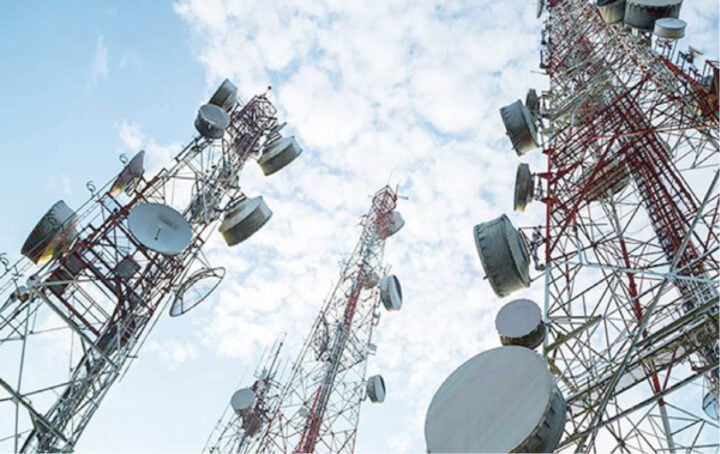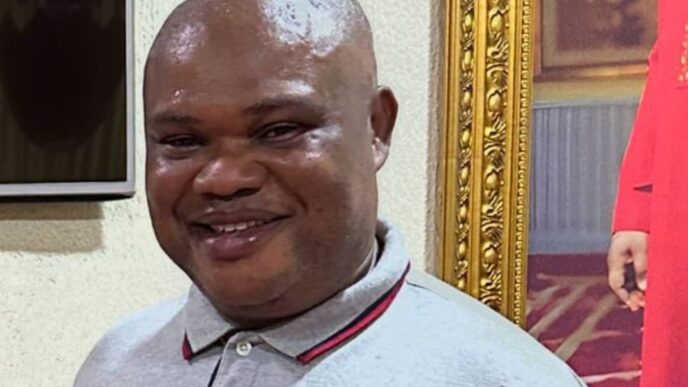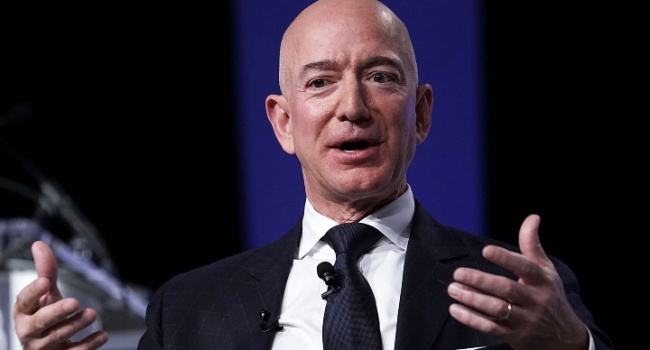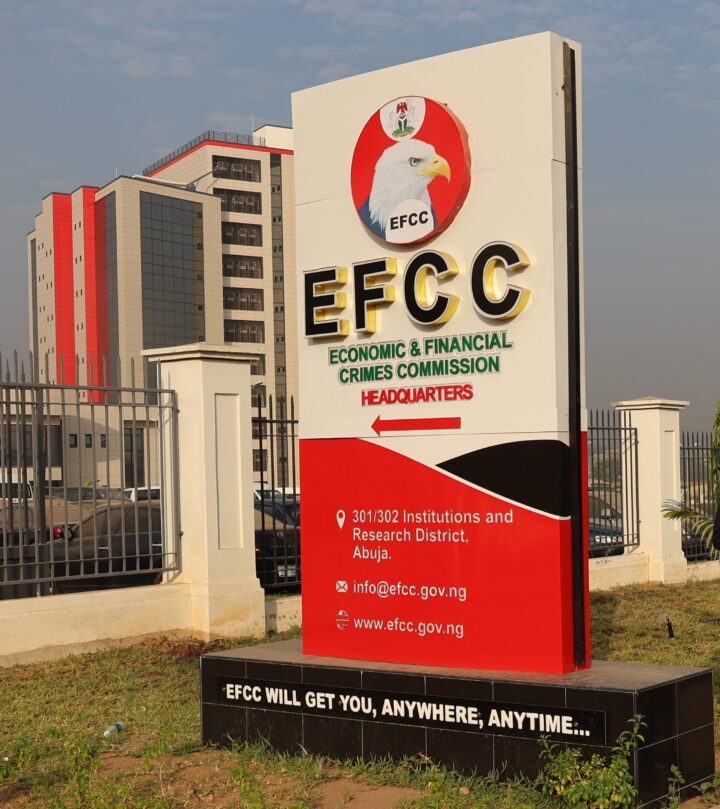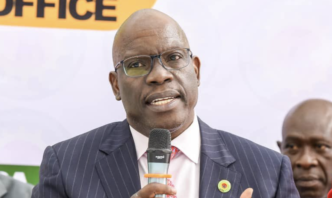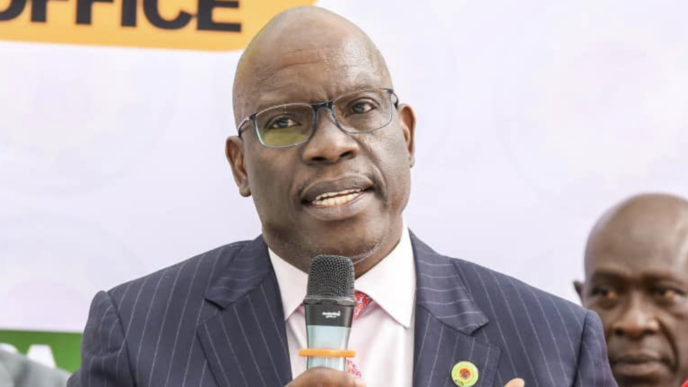The Association of Telecommunication Companies of Nigeria (ATCON) have rejected plans to reintroduce a 5 percent excise duty on the telecommunications industry.
According to an executive bill, titled ‘Nigeria Tax Bill 2024,’ the national assembly is seeking the reintroduction of a 5 percent excise duty on telecommunications services, gaming, betting, and lottery activities.
The proposed bill comes more than one year after President Bola Tinubu, signed an executive order suspending the 5 percent excise tax on telecommunication services
Tony Emoekpere, president of ATCON, said the association is against the plan to reintroduce the excise duty.
Advertisement
According to Emoekpere, it would be unfair for the government to impose an excise duty when telecommunication companies are striving to sustain operations.
“We’ve been complaining already about the fact that the tariffs we are being charged have not increased for the last 10 years and the industry is actually groaning under the lack of revenue,” he said.
“To add this to the already existing situation is like a blow that might totally sink the sector.”
Advertisement
In 2023, new fiscal policy measures (FPMs) — approved by President Muhammadu Buhari — included supplementary protection measures (SPM), revised excise duty rates, and green taxes.
The FPMs also impose a 5 percent excise duty on mobile telephone services (GSM), fixed telephone, and internet services — postpaid and prepaid.
But, Isa Pantami, former minister of communications and digital economy had insisted that the sector remain exempted from the tax — citing a previous presidential approval for the exemption.
Emoekpere said the association thought since the sector was earlier exempted not just by the former minister but also by the current president, it had been a foregone issue.
Advertisement
TELCOS TO MEET MINISTER OF COMMUNICATIONS
The ATCON president said plans are underway to meet Bosun Tijani, minister of communications, innovation and digital economy, to prevent the implementation of the excise duty.
“We will be reaching out to the ministry to see what efforts they can make to discourage this attempt because it was actually attempted before by the former minister but we got word that it was stepped down so we’re surprised that they’re coming up again at this time,” Emoekpere said.
“We will be exploring all avenues to find out why it’s coming up again despite all the efforts of the former minister and why it is still arising.”
Advertisement
‘PROVIDE TAX BREAKS, INCENTIVES FOR TELECOMS SECTOR’
Emoekpere also called on the federal government to look into improving the sector as it is a major source of revenue and boost to the economy.
Advertisement
“What the government should be considering, is what are the primary causes of high costs of operations to the telecom sector and ways to ameliorate them,” he said.
“One of the biggest challenges is that fact that a bulk of the communication sites are dependent on diesel and this diesel costs, especially now that the foreign exchange market has been fully liberalised.
Advertisement
“So whenever FX changes, they also affect your cost of purchasing diesel and other petroleum products. This is a big challenge to the industry.
“So if they (the government) say we are not increasing the tariff, what are the measures they are giving in terms of tax breaks or tax incentives, are there ways whereby we can encourage more local production of some of the inputs into the sector?
Advertisement
“These are things the government should be looking at not adding additional excise duty tax on a sector that’s already really pushing forward.
“We don’t want to get to a situation whereby people are not able to communicate at all.”
Furthermore, he said the increase in tariff or excise duty does not affect the sustainability of the sector, adding that they are indirect taxes that go to the government.
Emoekpere said what telcos need at the moment is revenue to meet their operational needs, overcome losses and improve their services.
Telecommunications companies have been clamouring for an upward tariff review to make the sector attractive to investors.
On April 25, telcos said their services were overdue for price increments as they have not raised rates in the last 11 years.
